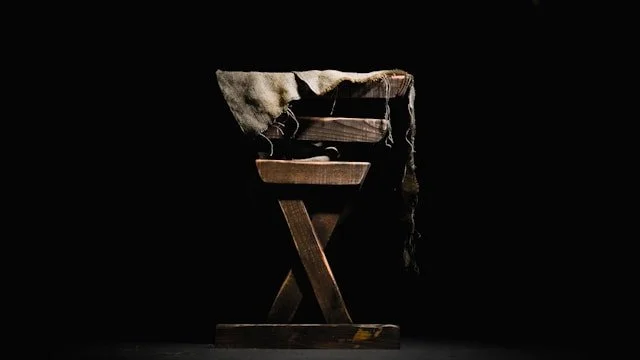Monosyllabic.
Inflammable.
Abbreviation.
Phonetically.
Every one of these words are ironic. Monosyllabic means one syllable but contains five syllables. Inflammable means “easy to catch fire,” but looks like it means the opposite (not flammable). Abbreviation is not an abbreviation. And don’t phonetically should be spelled funetically, don’t you think?
Perspicuity means clarity or “ease of understanding” and yet isn’t very easy to understand. We’ll return to that later.
Roman Catholic theologians during the Middle Ages argued that the scripture was not perspicuous. Scripture was too veiled and obscure for the average person to understand, they contended.














